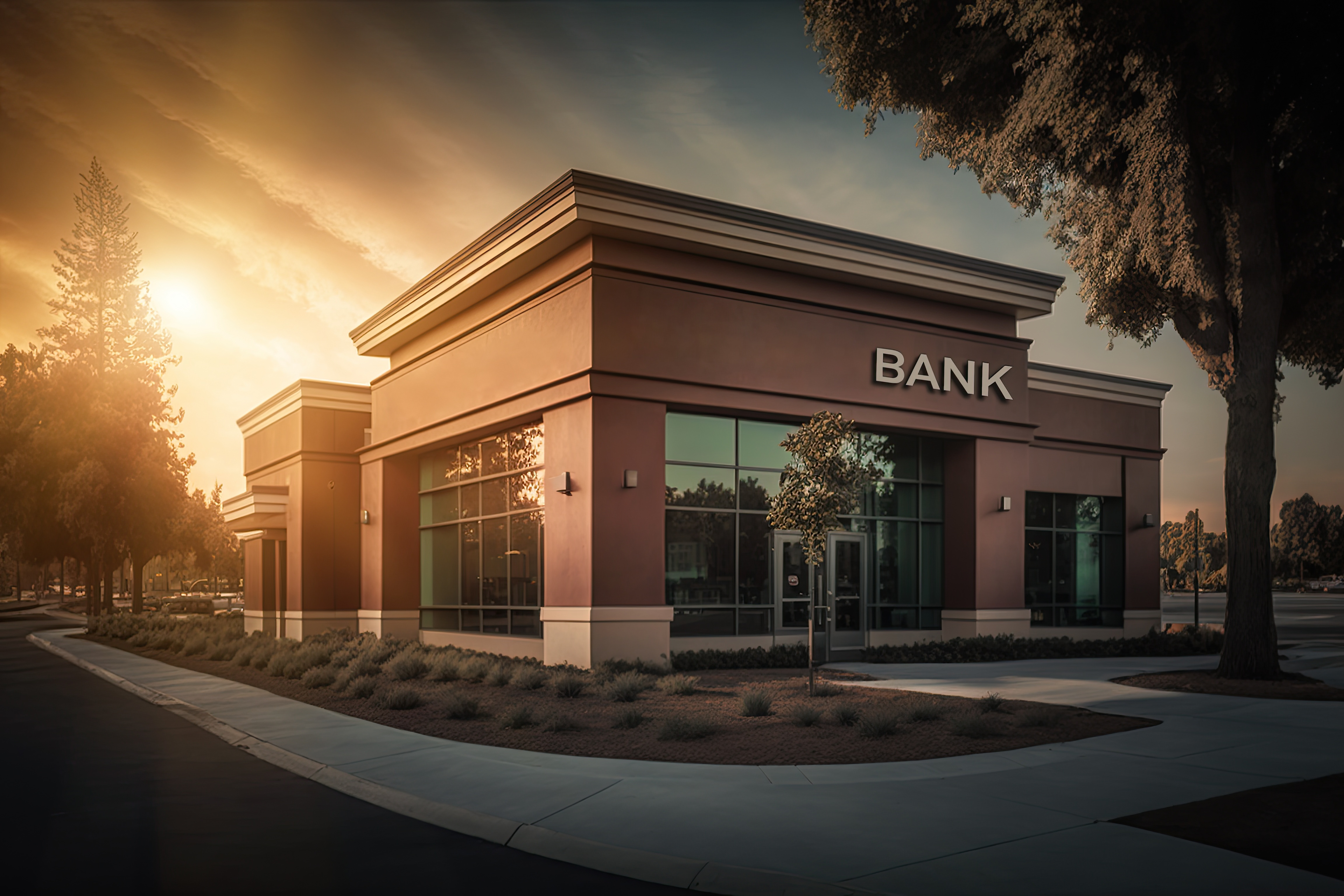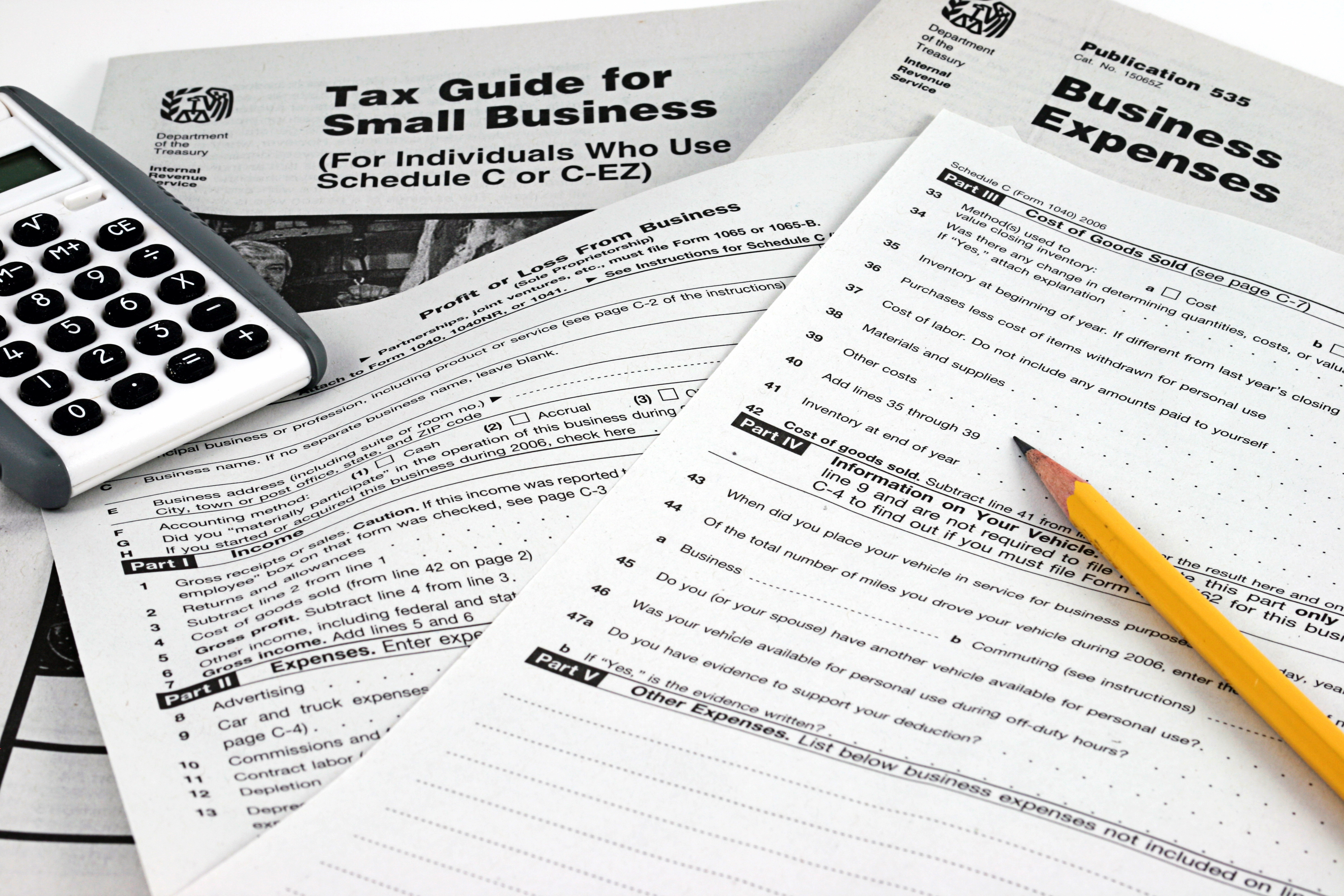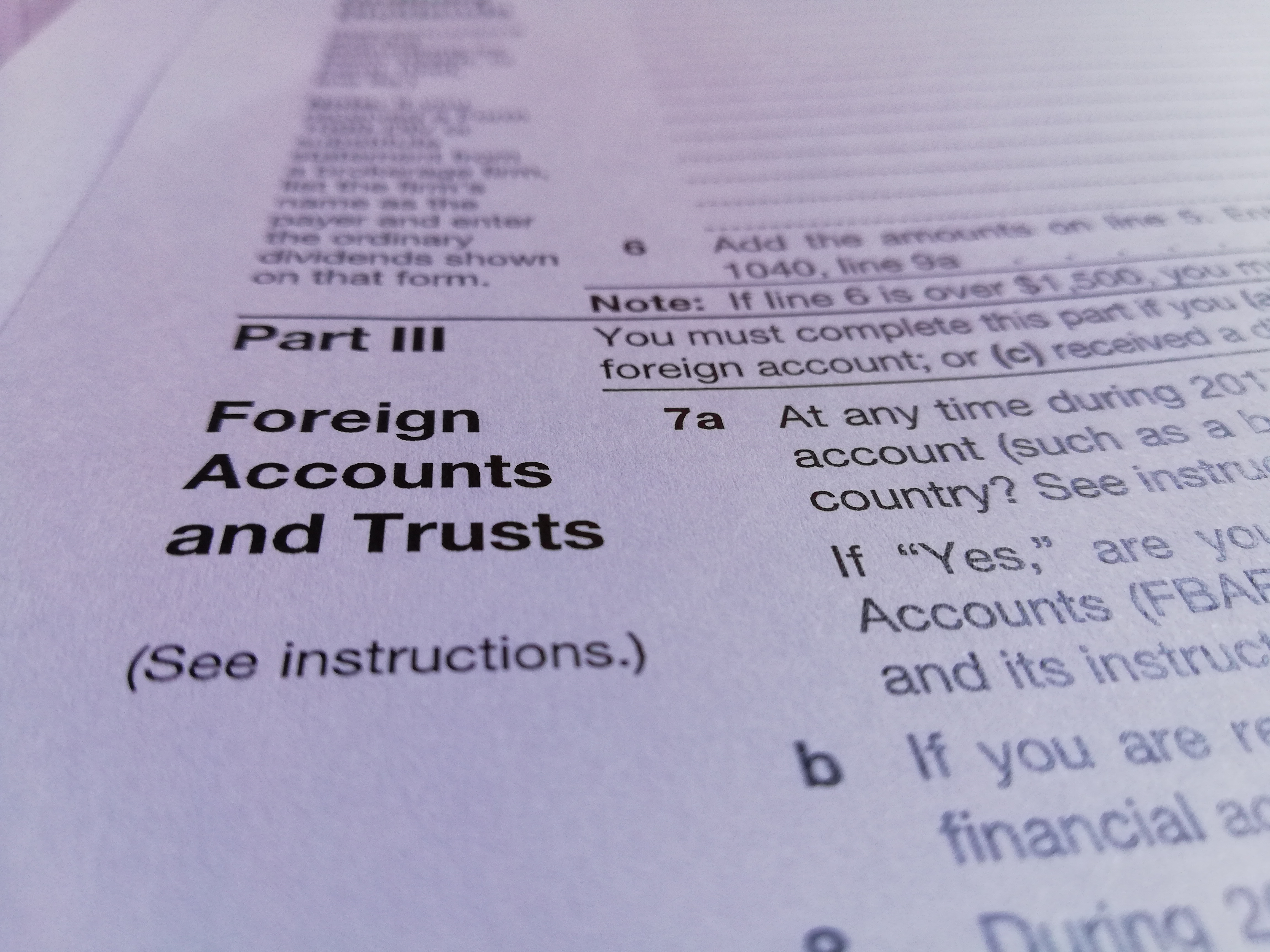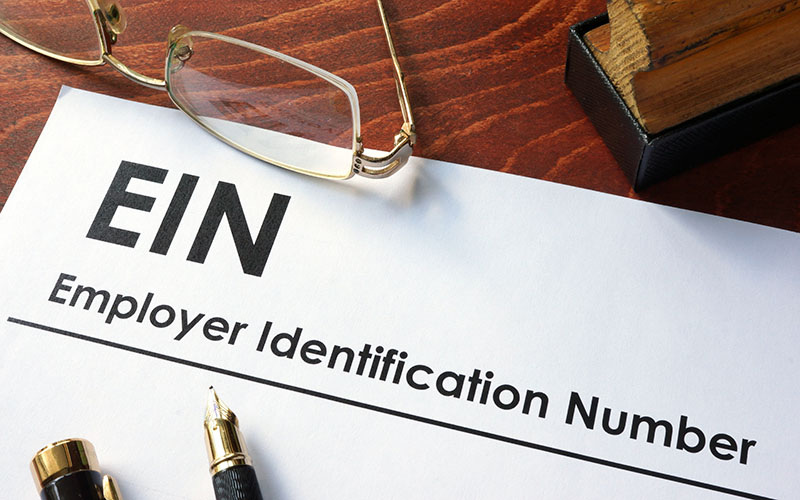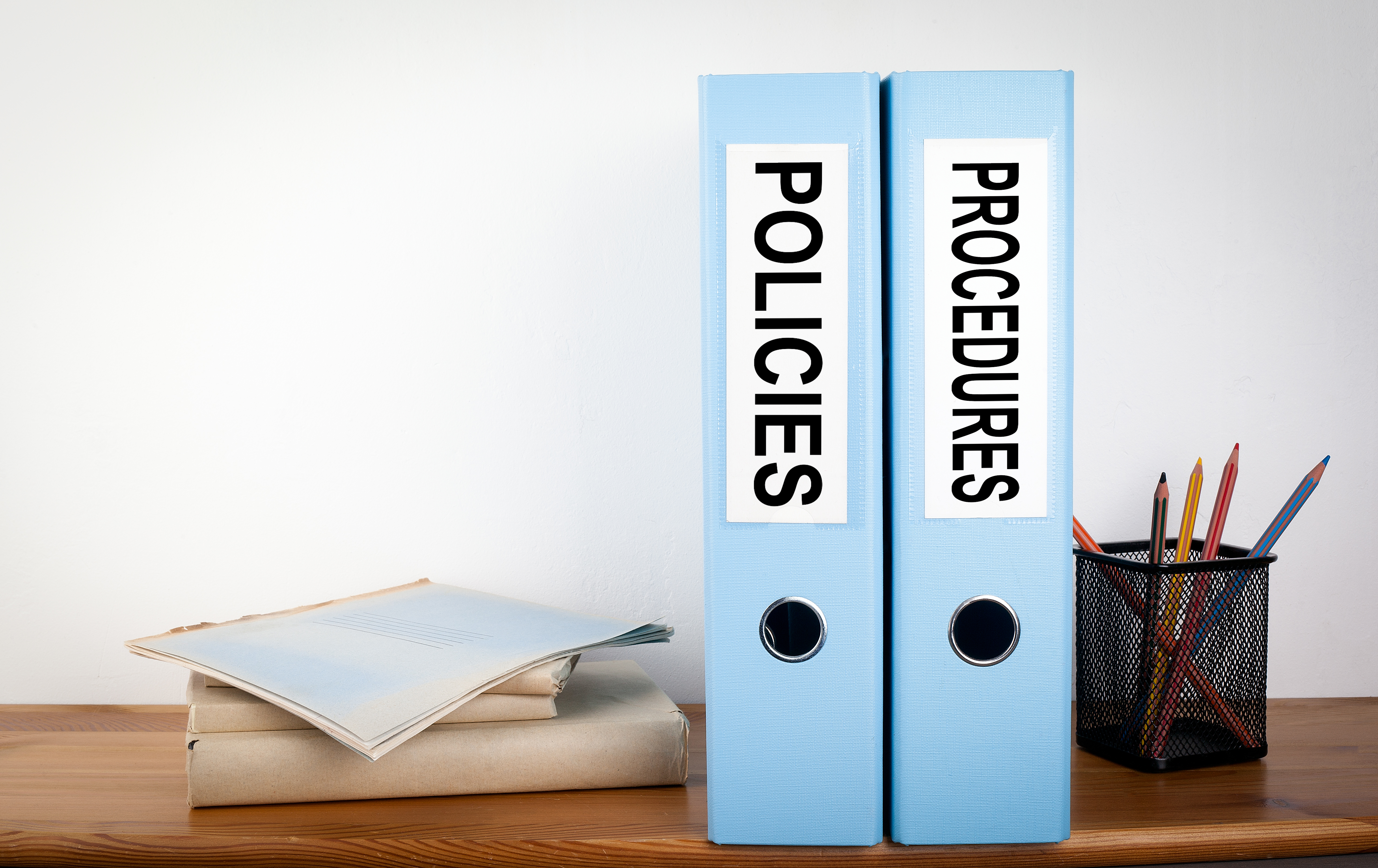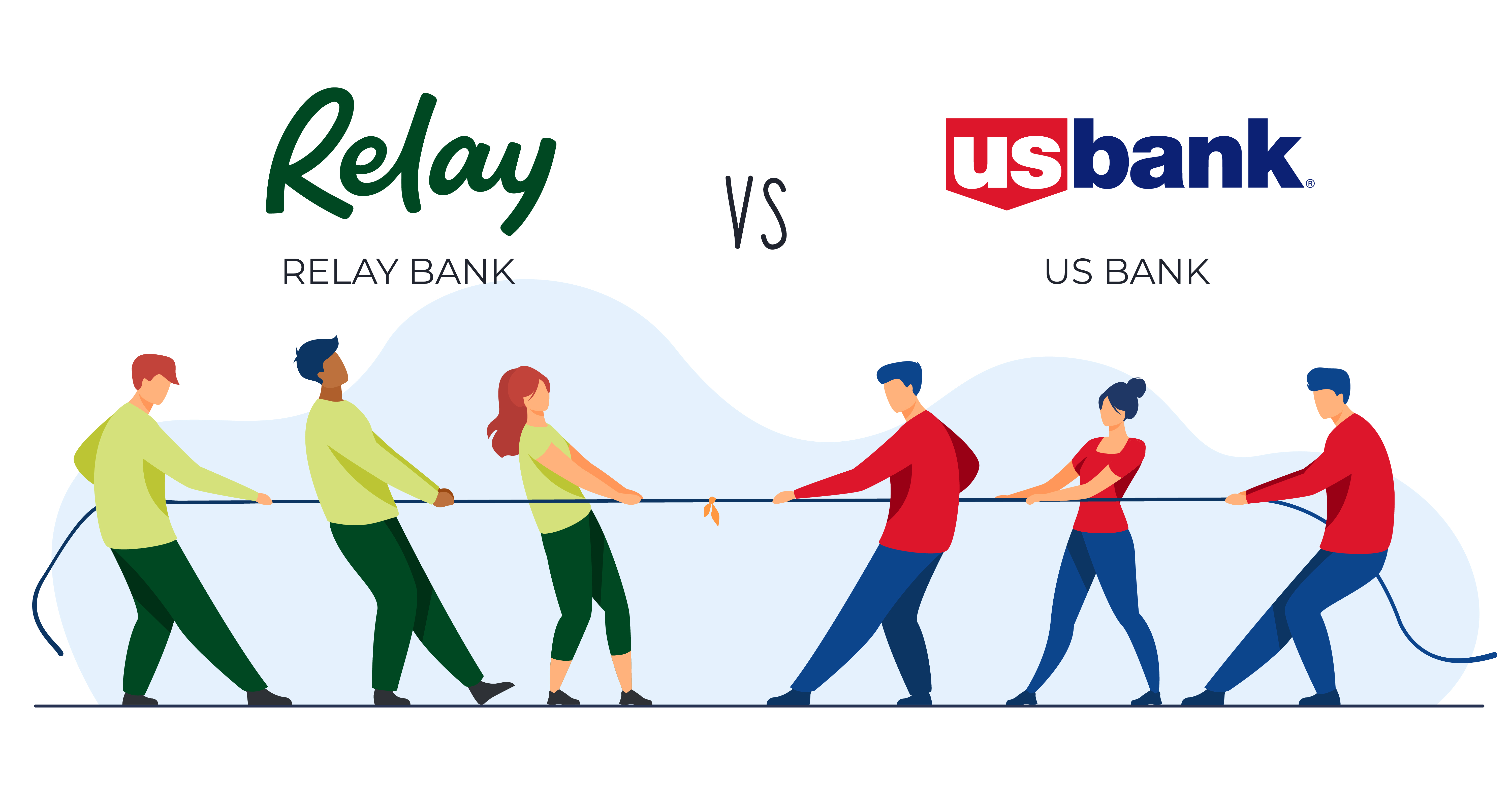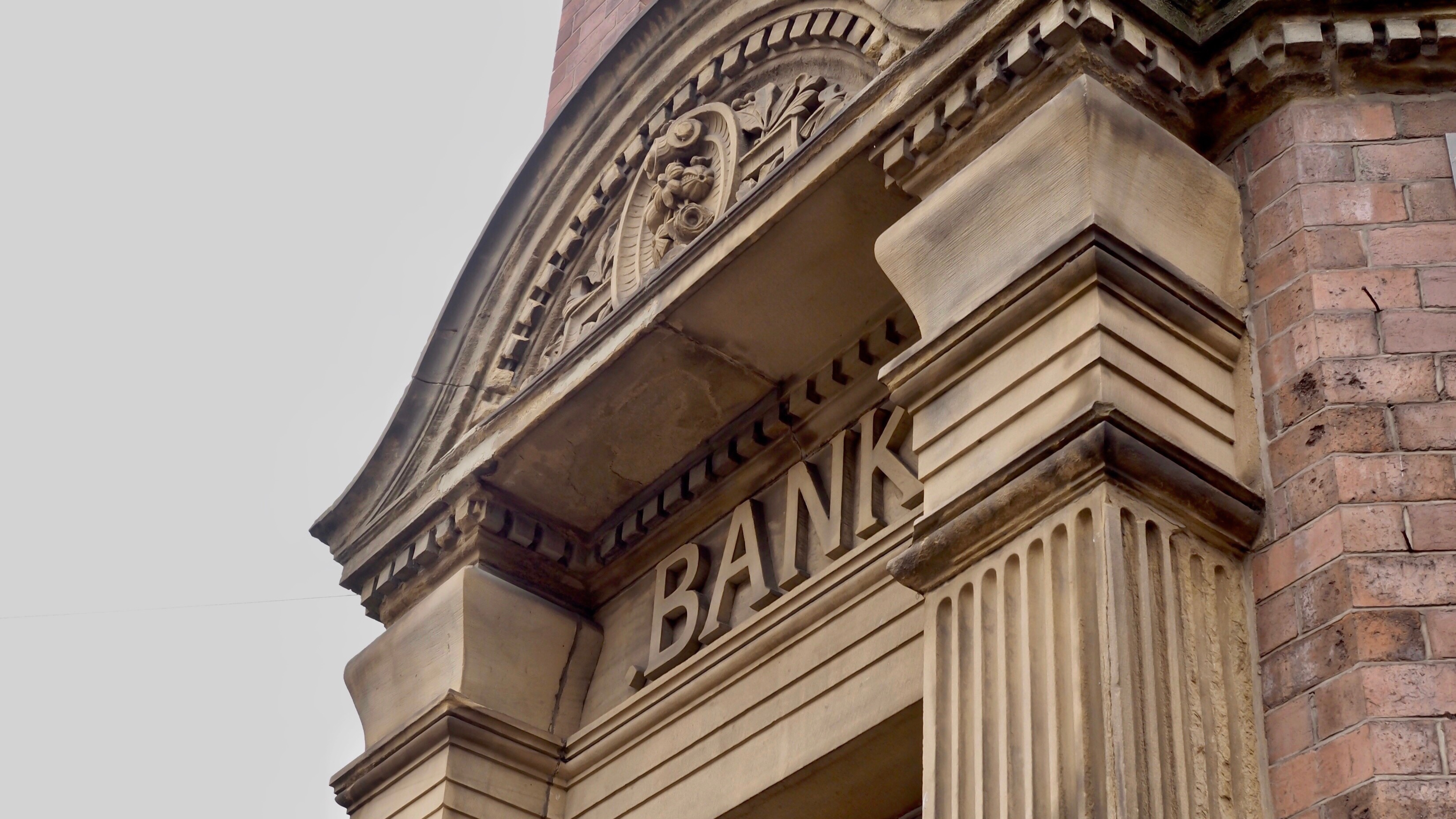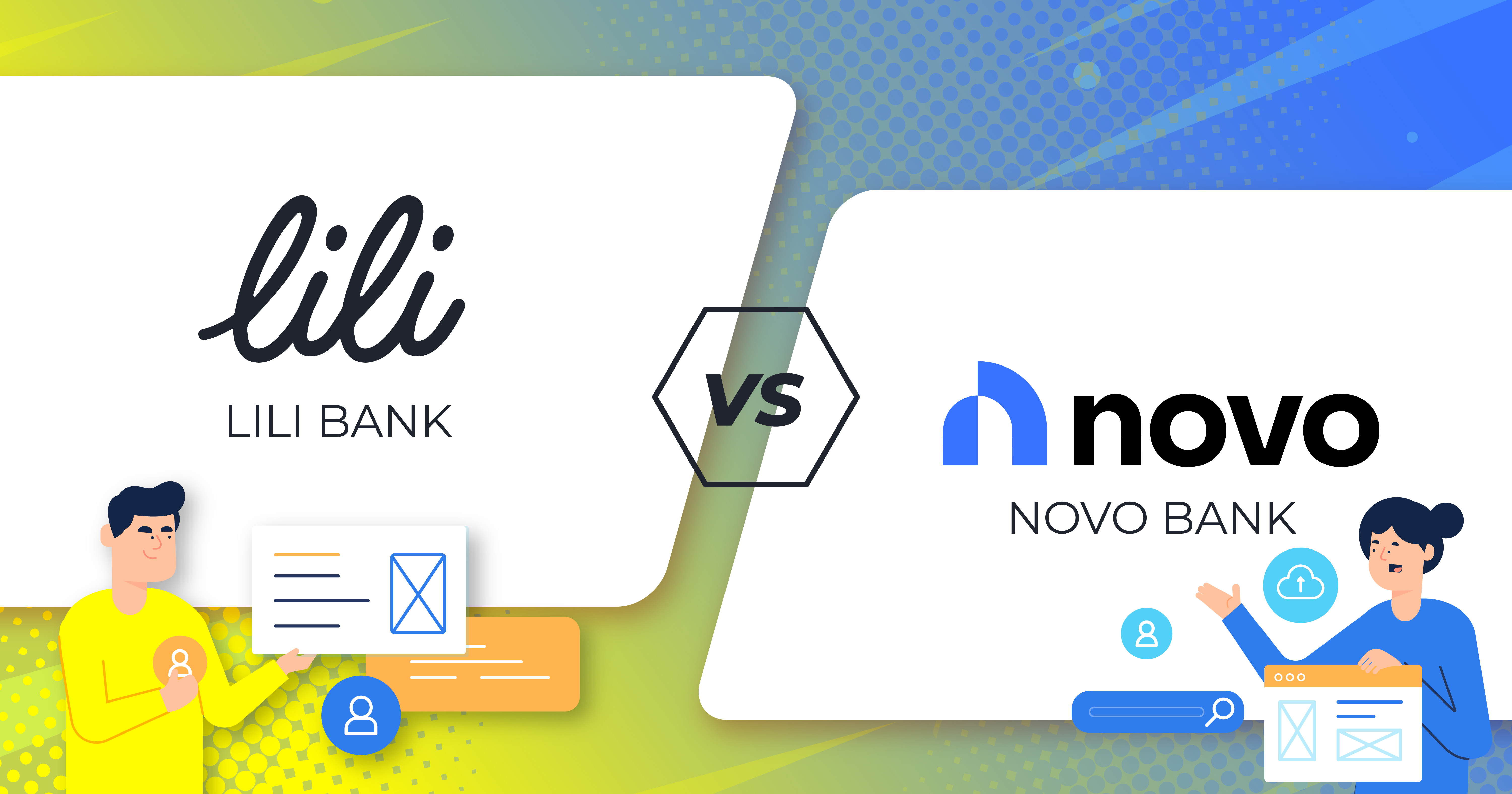Types of Business Checking Accounts
Key Takeaways
- Business checking accounts are designed for business needs, offering services like payroll and bookkeeping, unlike personal accounts.
- Types of business checking accounts include online, traditional, credit union, and money market accounts, each with unique features for specific business operations.
- Selecting the right account involves assessing needs, understanding fees, checking service accessibility, and using comparison tools to make informed choices.
- These accounts support business operations by providing safe cash storage, easy access to funds, and essential services like merchant services and lending.
- Key considerations for choosing an account include transaction volume, cash handling needs, and digital tool integration.

Though most business owners know that their company can benefit from a business checking account, they might not know about the different types of business bank accounts. Each type of business checking account has pros and cons and can work differently for your business. We’ll break down what you need to know.
What Are Business Checking Accounts?
A business checking account is a special type of bank account designed for businesses rather than individuals.
Like a typical individual checking account, business checking accounts offer a safe place to store your extra cash. They also provide you with easy access to that money through tools like debit cards and checks.
However, business checking accounts are designed with the specific needs of businesses, rather than individuals, in mind. Where an individual checking account might offer tools like budgeting apps and bill payment tools, business checking accounts might come with payroll services and bookkeeping tools.
How Does a Business Checking Account Work?

Business checking accounts work much like other bank accounts.
You go to a bank in person or visit their website to open an account. You’ll provide some basic information about yourself and your business and apply to open the account.
Once the bank approves your application, you can fund the account by depositing cash or making an electronic funds transfer. You can then use the account to make deposits and withdrawals, using your debit card or checkbook to make purchases and move money into and out of the account.
You’ll also be able to use your online portal to access the account’s other services, such as bookkeeping or payroll tools.
Once you’ve opened an account and established a relationship with a bank, you can benefit from the bank’s other offerings. For example, there might be benefits, such as lower costs, for banking customers who also borrow money to finance their business.
Types of Business Checking Accounts
There are a few major types of business checking accounts to consider for your company.
Online checking account
Online business checking accounts are popular choices for a few reasons.
One is that you can open an online checking account from anywhere. You don’t need to worry about whether the bank has branches in your area or if it’s hard to visit a branch during your workday. You can do all of your banking online.
Online banks also lack overhead costs related to running physical locations. That means they tend to have lower fees and higher interest rates than traditional business checking accounts. Many also lean in on the technology side of things, offering powerful online tools and integrations with business apps such as bookkeeping tools, payment processing tools, and tax tools.
If you run an online business or one that doesn’t use much cash, an online business checking account is a natural fit. However, their lack of physical locations means depositing cash can be hard or even impossible. That makes them a poor choice for business owners that run cash-heavy businesses.
Traditional checking account
Traditional business checking accounts come from brick-and-mortar banks that operate a network of physical branches in your area or across a larger region or the entire country.
These banks have a very obvious benefit: you can visit a branch and take to a human to get help with your account or to get answers to any questions you might have. You’re not forced to rely on emails and phone calls, which can be impersonal.
They’re also a strong choice for cash-focused businesses because they make cash deposits and withdrawals easy.
The drawback is that these banks often have higher fees and minimums than online banks. They may also lack the tools and integrations with online services, which makes them less than ideal for high-tech companies that want bank accounts that play nicely with all the business apps they use.
Credit union checking account
Credit unions are very similar to banks. The main difference is that they’re owned by their account holders instead of shareholders, which means they tend to offer better service and lower costs than banks.
This can be a great benefit for business owners that already have personal accounts at a credit union or who want to build a close relationship with their bank. Credit unions are usually brick-and-mortar institutions, so they work well for cash-heavy businesses.
The drawback is that credit unions are usually smaller, with fewer locations. That can make them less convenient if you expand across a large area. They may also lack the technology that larger institutions have.
Business money market account
Money market accounts are available from online and traditional banks, as well as credit unions. They offer a mix of the benefits of business checking and savings accounts, keeping your funds easy to access but paying higher interest rates.
The drawback of these accounts is that they often have much higher minimum balances and fees. You have to decide if those are deal breakers for your company.
Choosing the Right Business Checking Account
Selecting the ideal business checking account is crucial as it influences your daily operations and long-term financial management. To aid in this decision, consider the following comprehensive approach:
Step 1: Assess Your Business Needs
Begin by evaluating your business's specific requirements:
- Cash Handling: Does your business deal extensively in cash? If so, a traditional or credit union checking account with numerous physical branches would be beneficial.
- Transaction Volume: Consider the number of transactions you handle monthly. Some accounts offer unlimited transactions, while others might charge fees beyond a certain limit.
- Technological Integration: For businesses reliant on digital tools, ensure the account offers integrations with your essential software, like accounting and payroll systems.
Step 2: Understand the Fees Structure
Checking accounts can have various fees, including monthly maintenance, transaction fees, and ATM usage fees. Look for:
- Monthly Fees: Can they be waived by maintaining a minimum balance?
- Transaction Fees: Are there charges for excessive deposits, withdrawals, or transfers?
- ATM Fees: Does the bank offer a broad network of ATMs or reimburse fees for out-of-network usage?
Step 3: Consider Accessibility and Convenience
Your account's accessibility significantly affects your day-to-day operations. Evaluate:
- Branch Access: For businesses requiring regular bank visits, proximity to branches is crucial.
- Online and Mobile Banking: Ensure the bank offers robust online and mobile platforms for managing your accounts remotely, crucial for modern businesses.
Step 4: Evaluate Additional Services
Many business checking accounts come with additional services that could be vital for your operations:
- Merchant Services: Solutions for processing customer payments, including credit card processing and mobile payments.
- Lending Products: Availability of business loans, credit lines, and credit cards.
- Customer Support: Quality of customer service, availability during your business hours, and support channels (phone, email, chat).
Step 5: Use a Comparison Tool
To simplify your decision, utilize a comparison tool that allows you to input your specific needs and compare different accounts side-by-side. This tool should include filters based on:
- Fees
- Services
- User Reviews
- Interest Rates
Step 6: Read Reviews and Gather User Feedback
Before making a final decision, read reviews and possibly reach out to other business owners for their experiences with specific banks. User testimonials can offer insights into the practical aspects of managing a business checking account with different banks.
Step 7: Test the Banking Experience
If possible, test the banking experience by visiting a branch or using the online banking platform. This trial can help you get a feel for the service quality and the user interface of online banking tools.
Bottom Line
Every business needs a business checking account. They’re a safe place to store your company funds and offer valuable services such as bookkeeping, payroll, merchant services, and lending. However, choosing the right type of checking account is important.
Think about your company’s needs and which type of checking account best fits your needs. Online companies, for example, won’t need to make cash deposits and don’t need a brick-and-mortar bank. You can use that information to choose the best bank account possible.
Frequently Asked Questions
What are the 4 most common types of business bank accounts?
The most common types of business bank accounts are:
- Online checking
- Brick-and-mortar checking
- Credit union checking
- Money market
Which type of bank account is best for business?
The best type of business checking account will depend on your company’s needs. Online companies work well with online banks while physical businesses could benefit from a checking account at a credit union or brick-and-mortar bank.
Edited by:
Bryan Huynh
•
Product Tester & Writer




